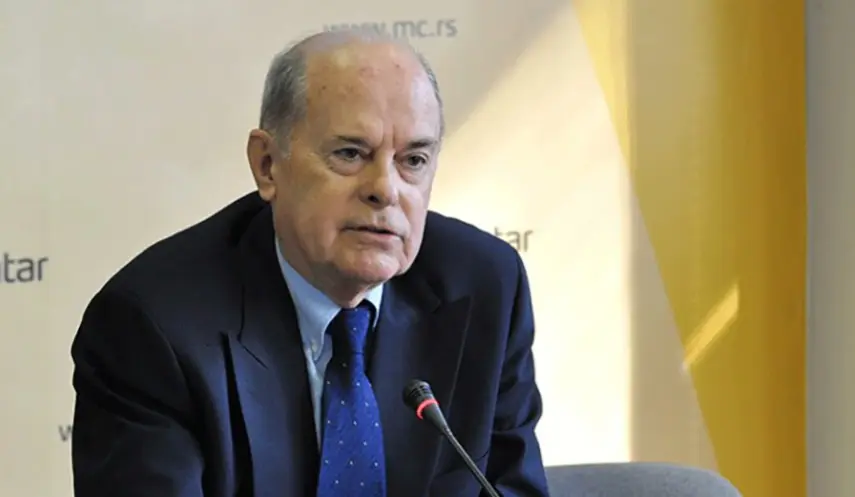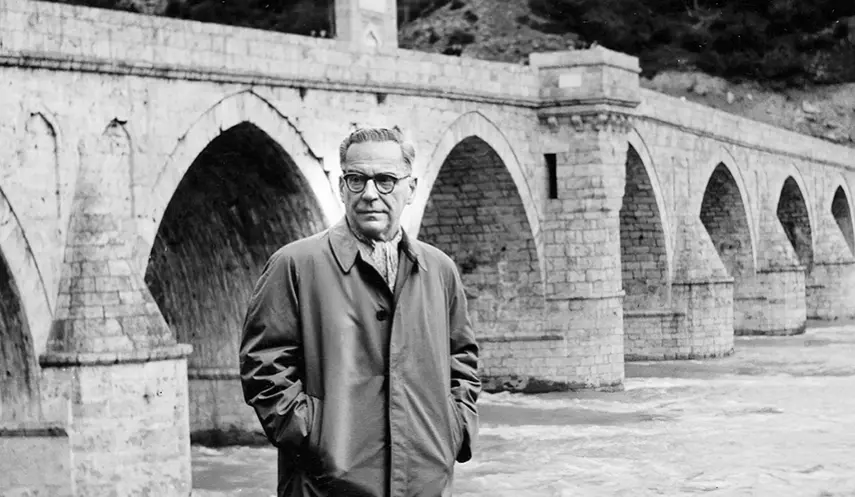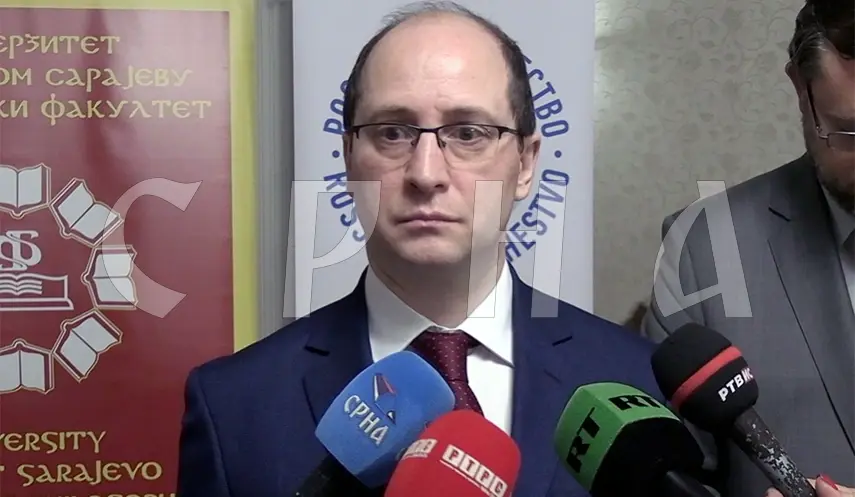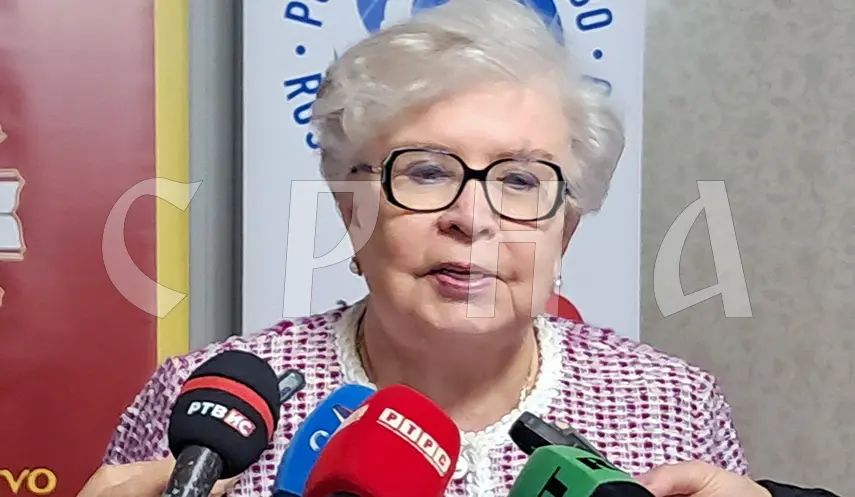THROUGH HIS LIFE, PATRIARCH PAVE HELPED SERBS TO BE BAPTIZED AGAIN
Serbia - SOC - remembrance - theologian Lazić
11/14/2025
12:18
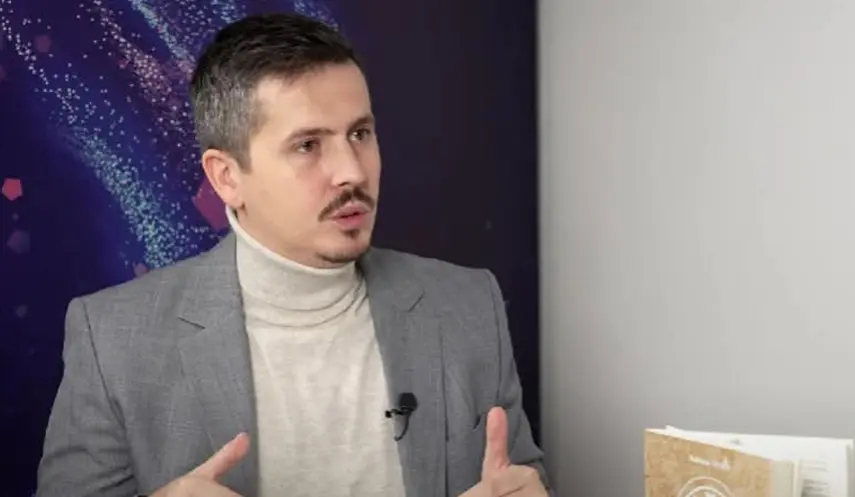
BELGRADE, NOVEMBER 14 /SRNA/ - Theologian Nebojša Lazić told SRNA that the late Serbian Patriarch Pavle was certainly among the greatest figures of the 20th century and one of the most important Serbian spiritual leaders, who, through his life and deeds, helped the Serbs to be baptized again.
"Patriarch Pavle was one of the greatest figures of the 20th century, theologically speaking, alongside Ava Justin /Popović/ and Saint Bishop Nikolaj /Velimirović/. He followed the teachings of the Church Fathers and the words of the Holy Scripture that faith without works is dead," Lazić said ahead of the sixteenth anniversary of Patriarch Pavle's passing.
And anyone who saw the late Patriarch Pavle knew, Lazić says, how truly he lived his faith, a faith that was alive and full of miracles.
"We know that in his youth Patriarch Pavle experienced a miraculous healing at the Rača Monastery, where he carved a cross in gratitude. It is also well known what he endured, from being a child in Slavonia to becoming the Bishop of Raška and Prizren, when in the most difficult moments for our people, he was in Kosovo and Metohija, suffered, and carried that national cross," Lazić said.
He points out that even later, during the war of the 1990s, Patriarch Pavle witnessed his people bleeding, his Slavonia burning, the churches and monasteries going up in flames, while Serbs were being led away in new convoys, reminiscent of those in which the Ustashe had previously sent them to Jasenovac during the NDH era.
"But he protected and encouraged the people. He called on us, with words from the Gospel, as he did in his prayer in Prebilovci, to never become like them, that a Serb can never take revenge or become a Ustasha, because then he would cease to be a Serb. This is the Christian horizontal and a holy patristic mystery. Because we are the people of Saint Sava, a people with saints, a people of martyrs and sufferers," Lazić said.
Pointing out that after every crucifixion comes a resurrection, Lazić said that Patriarch Pavle witnessed precisely this resurrection of the Serbian people during his lifetime.
He adds that the Serbian people recognized Patriarch Pavle as one of the greatest spiritual leaders, a pillar of support, and someone who was a true man of the people, equal to them.
Thus, many people, Lazić recalled, would see Patriarch Pavle on trams and streets, wearing shoes he had made for himself, recognizing his true spiritual greatness within a humble, frail body.
"And indeed, he became our guiding light during that period, leading us from communism into a new era. By the example of his life, he helped the Serbs to be baptized again, for by the mid-20th century, many of our compatriots had turned away from God. It was precisely through the deeds of Patriarch Pavle and our Holy Church that we became a baptized, long-suffering people once more, who to this day remember the patriarch," Lazić emphasized.
At the Rakovica Monastery near Belgrade, a liturgy and memorial service will be held tomorrow at 08:00 to mark 16 years since the passing of Serbian Patriarch Pavle, the monastery told SRNA. The relics of Patriarch Pavle rest at Rakovica.
The liturgy will be served by a vicar bishop delegated by His Holiness Patriarch Porfirije.
Patriarch Pavle, who was considered holy even during his lifetime and left the Serbs a vow to protect Kosovo and Metohija and always remain humane, passed away on November 15, 2009, at the age of 95, at the Military Medical Academy in Belgrade.
More than half a million people attended his funeral, and his grave is visited daily by numerous faithful.
Patriarch Pavle was the supreme head of the Serbian Orthodox Church /SOC/ from 1990 to 2009, serving as its 44th patriarch.
Patriarch Pavle, whose secular name was Gojko Stojčević, was born on the major Orthodox holiday of the Beheading of Saint John the Baptist – September 11, 1914 – in Kućanci near Donji Miholjac in Slavonia.


